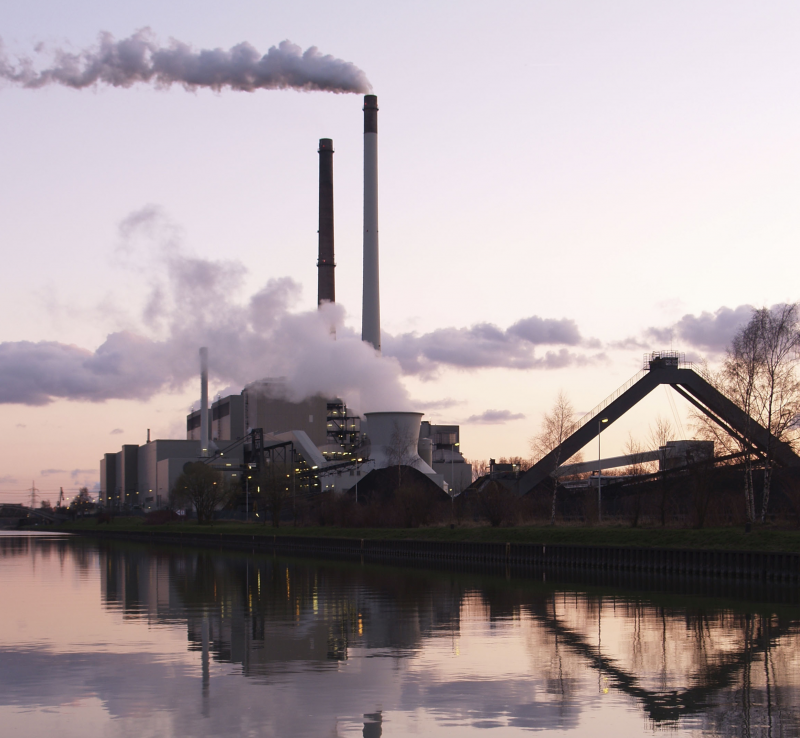
EU Emissions Trading System: post-2020 proposals lock-in another decade of failed climate policy
The EU Emissions Trading System (EU ETS) has reached its 10th anniversary without causing reductions in greenhouse gas emissions or putting a meaningful price on carbon. Today's announcement extends that failing system for another 15 years.
Commenting on the European Commission's proposal for a revised Emissions Trading Directive,1 Oscar Reyes, a freelance researcher with Corporate Europe Observatory, said:
“The European Commission has bowed to the wishes of the continent's most polluting industries, continuing to offer free greenhouse gas allowances until 2030. That's a massive climb down compared to the Commission's own promise, back in January 2008, that there would be 'no free allocation' by 2020.2 It shows that industry pandering, not environmental concerns, are central to the ETS.”
While the precise details of these exemptions will only be settled by 2019, Commissioner Cañete admitted they will include the steel, cement and chemicals sectors, notoriously among the biggest polluters and biggest lobbyists against effective climate action.
The Commission proposal also confirms that the Market Stability Reserve, a recent agreement to adjust the supply of allowances available on the EU's carbon market, will not cancel the massive surplus that has been built up, which could allow for their return to the market later.
A controversial system of offering free allocations to the power sector in Central and Eastern Europe, in return for 'modernization' that has often meant little more than refurbishing coal-fired power plants, will continue as well.
“The Commission's proposals fiddle with exemptions for the power sector in Central and Eastern Europe, but still allow more coal to burn,” commented Reyes.
Oscar Reyes: +34 626 216 311
